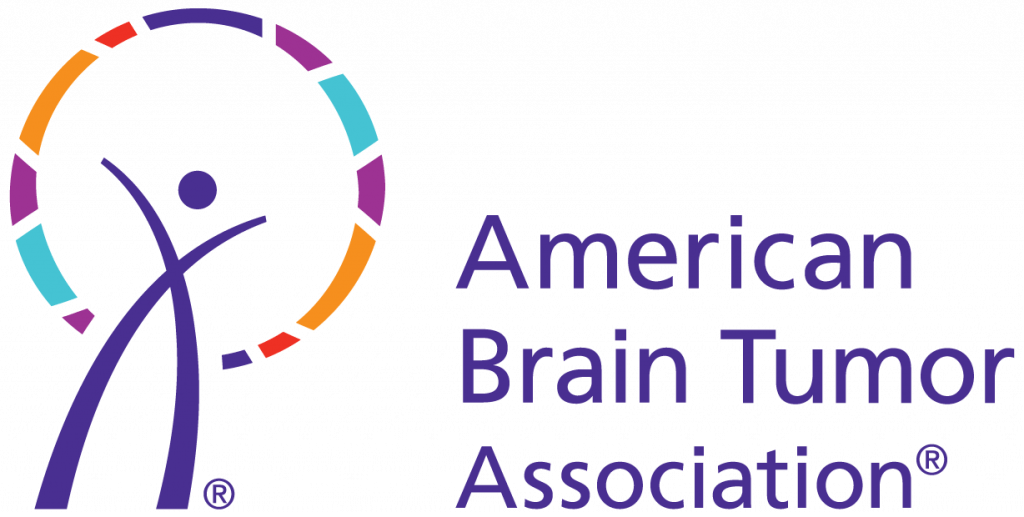Moving from “brain tumor patient” to “brain tumor survivor” is a cause for celebration. As you move forward on your journey as a brain tumor survivor, it’s a great time to get involved with the brain tumor community.
Educational Events
An ABTA event is a great way to meet others, be inspirational, and spread the mission of the American Brain Tumor Association. Patient education meetings are a great place for patients and caregivers to learn the latest in brain tumor trends, network, and support each other.
The ABTA hosts meetings in cities across the country. These meetings allow the brain tumor community to connect with experts in the field outside of a clinical setting. Medical professionals present on a variety of topics, including treatment information, coping tips, caregiver guidelines, and more.
Webinars
The ABTA offers webinars on a wide range of brain tumor-related topics, including diagnosis, treatment, and care. Browse our webinar library.
Share Your Story
Hearing stories from the perspective of other patients, survivors, caregivers, family members, and those who have lost a loved one can be a source of comfort, encouragement, and hope.
Everyone has a unique brain tumor journey. Share your journey.
Read brain tumor survivor stories and memorial tributes.
ABTA Connections Online Support Community
ABTA Connections is an online support community that connects brain tumor patients, survivors, families, friends, and caregivers for support and inspiration. Members join for free with access to the site 24/7.
Unlike social media outlets, Connections is a more private setting where members join for many of the same more personal, therapeutic reasons people attend a face-to-face support group: to ask questions of their peers, to provide updates on their personal situations, and to gain confidence in and comfort through talking with others who may be on a similar brain tumor journey.
Join the Low Grade Glioma (LGG) Patient Registry
One of the most critical questions in the field of neuro-oncology today is how to best manage and treat low-grade glioma (LGG), a type of non-malignant brain tumor. Dr. Elizabeth B. Claus, professor and director of medical research at Yale School of Public Health and attending neurosurgeon and director of stereotactic radiosurgery at Brigham and Women’s Hospital, has focused her research and clinical practice on this tumor.
The International Low-Grade Glioma Registry was launched in an effort to discover why some people develop low-grade gliomas while others do not. The goal is also to learn more about the effect of this diagnosis and the associated treatments on daily life, including the ability to work, drive, sleep, exercise, or take care of oneself and/or family.




